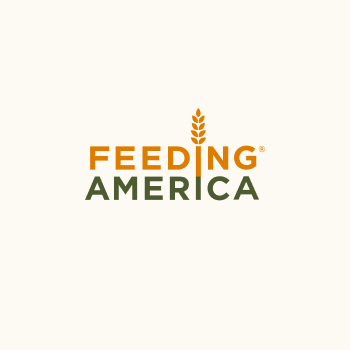What does the Covid-19 (Coronavirus) pandemic mean for me?
We know many of you have questions about how the COVID-19 (Coronavirus) pandemic is affecting families who are struggling to put food on the table. Below, we’ve answered questions about food assistance programs, like the Supplemental Nutrition Assistance Program (SNAP), Women Infant Children (WIC) program, and more during this difficult time.
I have lost my job because of COVID-19. What do I do? Can I get SNAP?
You can apply for SNAP online, by mail or phone to stay safe and not be near other people. If you are eligible, you can get SNAP. If you go back to work after this crisis, and you are no longer eligible, you do not need to pay back the SNAP you received during the crisis. You must contact your SNAP agency and tell them about changes in pay. Contact your SNAP office for more details.
I have had my hours cut or my work shutdown. Can I get SNAP? Can I go to a food bank?
You should check to see if you meet the eligibility requirements for SNAP. If you do, you may receive SNAP. You can also go to your local food bank for help.
I am receiving SNAP. What does the COVID-19 mean for me?
You will still get SNAP. You might get more benefits if you are not already receiving the max.
I was on SNAP but then was kicked off because I could not get enough hours at work. Can I get SNAP now?
Yes. During this crisis, there are no time limits for work hours starting on April 1st.
Is it safe to go to a food bank?
Yes. Food banks are working hard to keep spaces clean and safe for clients and staff. Food banks are offering drive-throughs to pick up food to limit people-to-people contact. If you do not have access to a car, you can still visit drive-throughs by walking up. Find your local food bank.
I am a parent of a child getting school lunch, but my child’s school has been closed. What do I do?
Your child can still get meals. Call your school to learn more about when and where school meals will be offered during this time. If your child does not get school meals now, but you want them to, call your child’s school to ask about signing up.
My family is on WIC. Will there be any changes?
You will still get WIC. You may not need to go in person for certification and recertification and bloodwork may be delayed. Some states are also allowing people to get different foods if the ones you want or need are out at the store. Call your WIC office to see what changes are in your state.
Are any changes expected to Meals on Wheels and other senior nutrition programs due to the Covid-19 (Coronavirus) pandemic?
Meals on Wheels and CSFP senior food box deliveries will continue. Please contact your local Meals on Wheels to confirm delivery dates and any other changes. CSFP food deliveries are still going as well. If you get CSFP, please contact the site you get the food from to see how to stay safe.
I participate in the FDPIR program. What changes are there?
Contact your Tribe or local FDPIR office to see how you can stay safe when you pick up FDPIR foods. You may get home delivery or have someone else pick up your food package for you. Pick-up times may be changed and spread out to keep people safe.
How can I help? How can I help my local food bank?
Find your food bank and reach out to them or follow them on social media to find out what they need most. That said, a monetary donation or online fundraiser is one of the most efficient and effective ways to support your local food bank in a crisis situation.
You can also volunteer! If you volunteer, here are a couple of things you can do:
- If you’re sick or recovering from a fever, stay home! And when in doubt, stay home.
- If you need to stay home, notify the food bank that you need to cancel your shift.
- If your shift hasn’t been canceled and you’re not sick, make sure to show up!
Follow the Centers for Disease Control and Prevention’s steps to prevent illness. Wash your hands and don’t touch your eyes, nose, and mouth with unwashed hands.
If you have any questions about federal assistance programs, please reach out to the Feeding America Government Relations team.













